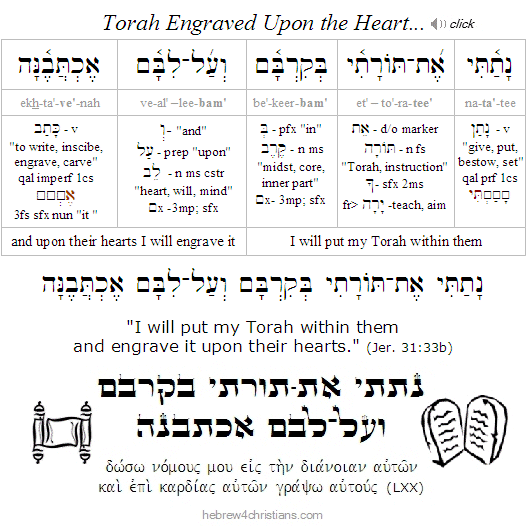|
Traditional Judaism regards Shavuot as the anniversary of "mattan Torah" (ū×ū¬ū¤ ūöū¬ūĢū©ūö), the time that the Torah was given at Mount Sinai. As one of the three required "pilgrimage festivals" (shelosh regalim), Jews from all over the world would come to Jerusalem to celebrate and reaffirm their commitment to the covenant made at Sinai.
And indeed such was the custom when God delivered the Substance of which the festival of Shavuot was merely a "type and a shadow." For the New Testament reveals that Shavuot is the climax of God's plan for our deliverance through Yeshua, the true Lamb of God (Seh Ha'Elohim). The countdown to Shavuot represents the ratification of the anticipated New Covenant (ūæų╝ū©ūÖū¬ ūŚūōū®ūüūö) to mankind, since it was on this very day that the Holy Spirit was given to the followers of the Messiah.
With a touch of divine irony, on the very day that Jews from around the world gathered in Jerusalem to reaffirm their commitment to the covenant of Moses, the Holy Spirit descended upon Israel to offer the promise of the New Covenant to all who would believe (see Acts 2:1-42). This new covenant makes Torah a matter of the heart, written by the God's Spirit, and yielding a life fruitful in the praise of God (Gal. 5:22-23; Heb. 13:15).
|




